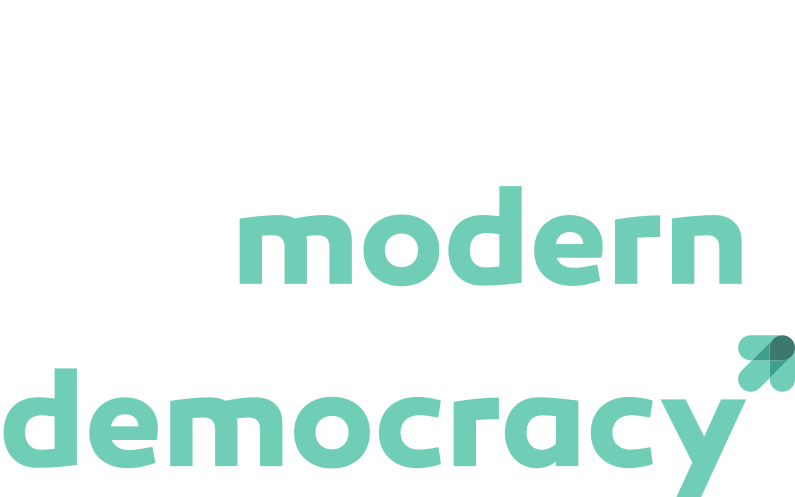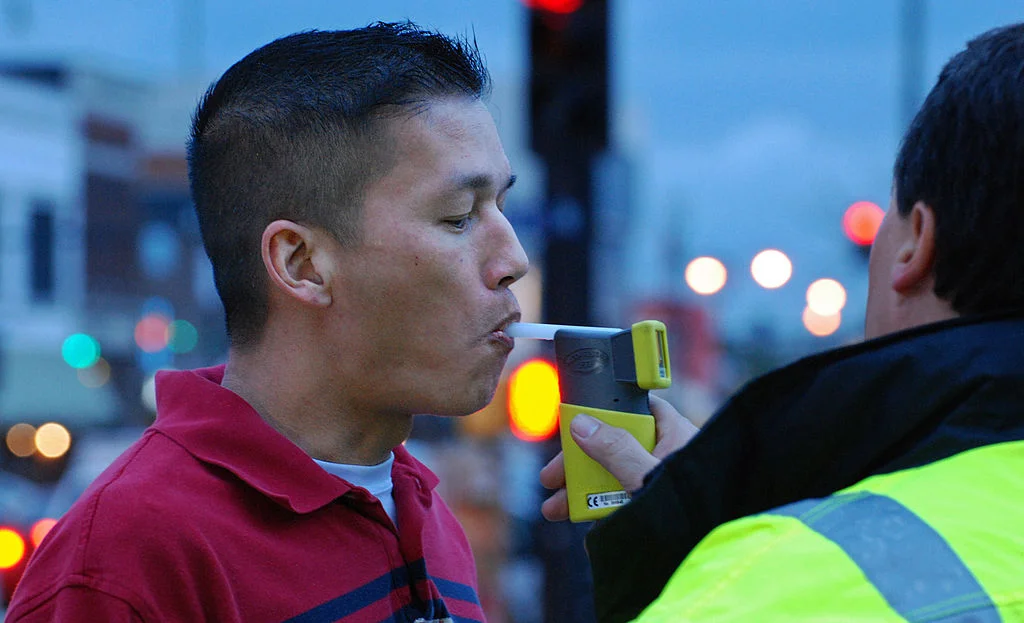The new Government will no doubt be expected to respond to the rise in knife crime. Such crime is a serious concern, but for every such offence there are about 15 violent crimes in which the victim judges that the offender is under the influence of alcohol. Indeed, the British Crime Survey shows that year in and year out, whether crime is rising or falling, alcohol-fuelled incidents account for 40-60 per cent of all violent crime. Fortunately, an effective individual-level response developed in the U.S. and now successfully trialed in the UK is available and can be much more broadly implemented. The prospects of doing so could not be better: the programme was successfully trialled in London while Boris Johnson was Mayor, and, was spearheaded by the then-Deputy Mayor for Policing Kit Malthouse, who is now Minister for Policing at the Home Office.
The programme is known as 24/7 Sobriety in the US, and was created by a South Dakota prosecutor who grew frustrated with problem drinking offenders cycling through his courtroom month after month. Most commonly, they had been arrested for drink driving and the court had tried to stop their driving by suspending their licence, attaching an alcohol sensitive ignition lock to their car, or even impounding their automobile. But they continued to offend, including in a number of cases committing vehicular homicide that resulted in their being sent to prison.
The prosecutor, Larry Long, recognised that it was the alcohol and not the driving that was the problem. He also appreciated that the population he was dealing with would respond best to a simple and transparent monitoring regime in which consequences for behaviour were swift and certain rather than delayed and variable, as is all too common in the criminal justice system. Offenders were sentenced not to drink and this was enforced by in person breathalysation every morning and evening. Offenders who lived too far away to make breathalysation feasible instead wore a bracelet that could continuously detect whether they had consumed alcohol.
Offenders who didn’t show up for scheduled test or showed up and had a positive alcohol reading were arrested on the spot. The penalty was modest (one night in jail) but applied immediately. The swiftness and certainty of consequences had a striking effect: of the over 8 million scheduled tests South Dakota has administered, 99.1 per cent have witnessed the offender show up and be recorded negative for drinking on the breathalyser.
Evaluations of the 24/7 Sobriety program by the RAND Corporation showed that repeat arrests for drink driving decreased by 12 per cent in counties that adopted the program. To move a county-level arrest statistically so significantly is remarkable, give that of course only a small minority of county residents are enrolled in the program. Importantly, county-level domestic violence arrests also dropped (by 9 per cent) even though most offenders had not been sentenced for this crime. This suggests that removing alcohol from the lives of the offenders had radiating benefits even to crimes that had thus far not resulted in arrest. The effects of the programme on individuals enrolled was even larger, including a 49 per cent reduction in the chance of re-arrest.
SOBRIETY CROSSES THE ATLANTIC
During the US Presidential Administration of Barack Obama, in which I served, 24/7 Sobriety programs received federal funding and began spreading throughout the country. Kit Malthouse observed the US experience and wanted translate it to the UK, where it came to be called “mandatory abstinence” or an “alcohol abstinence monitoring requirement”. Authorising the programme required primary legislation, for which Kit advocated, and we were supported by Nick Herbert, then Minister for Policing & Criminal Justice. In the House of Lords, the charge was led by Baroness (Ilora) Finlay, who remains deeply engaged and indeed will speak about mandatory abstinence in a September debate in the Lords on the reform of management and treatment of offenders.
After the legislation was passed in 2012, the London Greater Authority under Johnson and Malthouse was the first to move forward, piloting the programme in Croydon, Camberwell, and Southwark. As was discussed at the Project for Modern Democracy’s criminal justice roundtable in September of last year, mandatory abstinence translated successfully to the British context. In a pilot with 111 alcohol-involved offenders who had an average of 12 prior arrests and 6 prior convictions, 92 per cent fully complied with the alcohol abstinence requirement and completed supervision successfully, whereas the typical rate of success with offenders of this severity is around 65 per cent.
The programme was subsequently rolled out London-wide, enrolling over 1,000 individuals. Frustratingly, the London initiative was discontinued in July of last year, despite 94 per cent of offenders completing the programme successfully. Perhaps this is because mandatory abstinence orders were not seen as directly focused on knife crime, but as alcohol-related assaults affect far more individuals, the decision to cease the programme should be reconsidered.
NORTHERN PILOT
Fortunately, another innovative team has initiated mandatory sobriety in Humberside, Lancashire, and North Yorkshire. In a site visit there, our Project for Modern Democracy team appreciated the expansion of the programme to cover domestic violence offenders, something that was not done in London and which the South Dakota evidence suggests will be effective. The Northern team is also coupling the programme with intensive rehabilitation efforts for offenders, which in no way competes and may indeed supplement the impact of the swift and certain sanctions of mandatory sobriety.
As was the case in London, the same day response to breaches employed in South Dakota is not possible in the Northern pilot. This limitation comes about because of the complexities of a supervision system in which supervision responsibility is divided between national and local government, and, because of the differing traditions of UK vs. US law regarding how promptly sanctions can be applied for probation/parole violations. UK reformers could profitably focus on how to speed the response of the system to violations, as this increases the likelihood that offender behaviour will change.
More generally, although UK legislation allows pilots of mandatory sobriety anywhere in England and Wales, only two localities have undertaken a trial. The new Government has a golden opportunity to expand the programme far beyond a few pilot sites. Although it might be argued that when public budgets are tight, it is hard for the criminal justice system to try new things, in reality no matter what the amount of a budget, it always makes sense to employ anti-crime strategies that have evidence of effectiveness. Mandatory abstinence orders are one such strategy and should be foremost in the minds of everyone who is working to reduce violent crime.
Keith Humphreys is a Professor and the Section Director for Mental Health Policy in the Department of Psychiatry and Behavioral Sciences at Stanford University and a member of the Advisory Board of The Project for Modern Democracy. He was Senior Policy Advisor at the White House Office of National Drug Control Policy in the Obama Administration.

